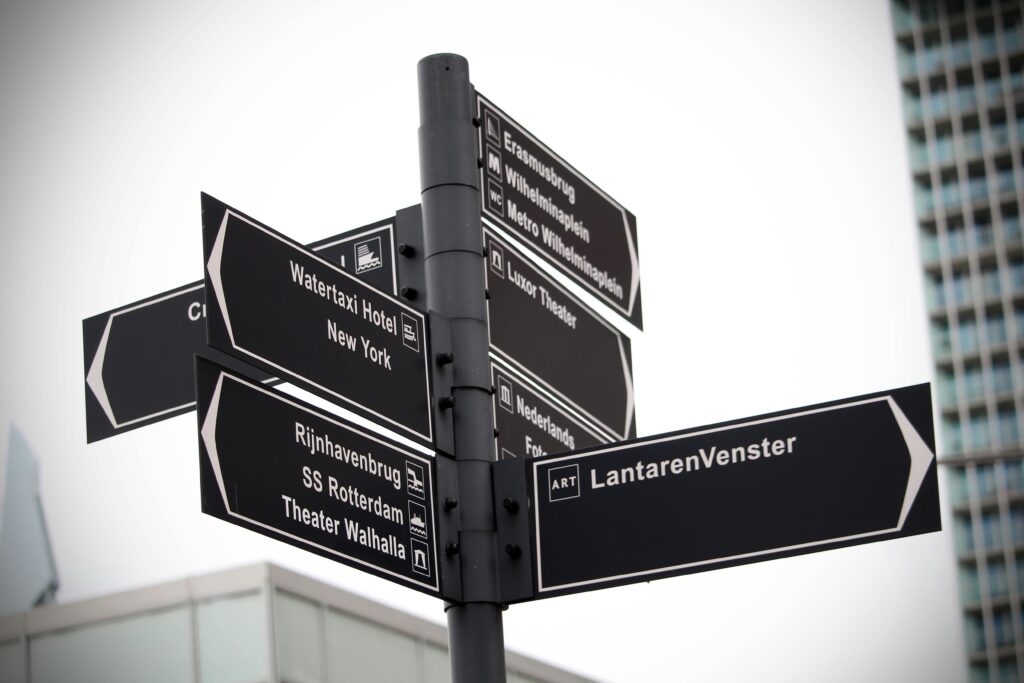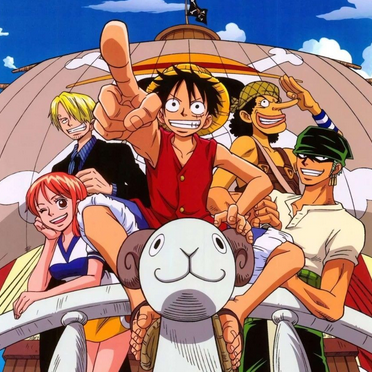This post talks about advices when it comes to orienting people that feel they are lost in life, or people that are faced with an important decision and do not know how to proceed. Decisions such as, for instance, choosing a career.

The post will also make evident the DNA on which KatView is based on, our core belief and the purpose of this website as a whole: the mutually beneficial connection between storytelling and education.
Let’s start with storytelling. More specifically: the basics of fiction storytelling.

Think, for example, of a movie or a TV show. The basic narrative structure, according to film theory and narrative theory, is the following: first, the main character is introduced. Then, they find an obstacle (what some would call inciting incident or exposition). After that, the character tries to achieve their objective: overcome the obstacle (rising action). After accumulating certain tension, the action reaches a climax, after which there is a resolution and an ending.
This narrative structure will be explored in another post. Here, what matters is the first part: in most fictional stories, the plot itself starts when the character is faced with an obstacle. In Karate Kid, that is when Daniel LaRusso is beaten up by bullies. In Mean Girls, that is when Cady is pressured to blend with the ‘plastic’ girls. In the show The Boys, one of them is when Hughie’s girlfriend is killed by A-Train. All moments that push the character into solving a problem.
However, basic plot structures can always be broken, filmmakers can always unfollow guidelines and rules. Some narratives do not have this ‘problem presentation’, this exposition.
Instead, the main characters engages in the plot action just because they feel like it.
Let’s take the example of one of the best animes in the world, One Piece. The whole series starts because Luffy one day decides that he wants to be the king of the pirates. Sure, the plot structure described above can be seen repeatedly in each of the islands that Luffy and his crew explore. However, Luffy sailing to the sea did not occur in response to a problem, but because that is what he felt like doing. That was his dream.
Another example is the animation movie Up, where Carl ties multiple balloons to his house in order to travel to South America, as he had promised to his wife. After the introductory scene (which it could be argued that follows the aforementioned plot structure itself), Carl appears bored in his house, but is decided to accomplish his dream.


The important question is: why all these characters made such decisions? And this is tricky, because it is not a question that must be answered. There is no answer.
If, by any chance, someone had asked Luffy why does he want to become the king of the pirates, he would not have known what to answer. He would have said a simply, ‘because I want to’, or ‘because I feel it’s my destiny’. There is no reason, and it is still something that determines his life and makes him live so many adventures, meet so many people, and change the world.
In professional orientation, that is crucial. It is crucial to embrace irrationality.
What that means is, that there does not have to be a reason behind the decisions taken. A high school student may find reasons for studying medicine, but also reasons to study biology, chemistry, arts, and so on. Similarly, that same student may find reasons NOT TO study many degrees. On an extra-academical level, another student may not have any explainable reason to be a gardener, or an athlete.

One could find reasons to follow multiple paths. For sure Luffy could have found many reasons to stay in his town.
However, what counts is what they feel. A student trying to find compelling reasons may end up not choosing anything. Or else, equally bad, a student may end up becoming something that does not fulfill them, just because they tried to ground the decision on tangible reasons. For example, people that follow a career just because it’s high paid, regardless of whether they enjoy it or not.
So it is actually simple. Like the character above, the most advisable thing is to do something because you feel like it. You do not need additional reasons, you do not need reasons at all. It can be, really, something irrational, something no one else would understand. But you feel good in this decision, you feel like it. No reason for it, you just want to become that veterinary, that shipwright, that botanist. You just feel it is one of the right decisions (oh, yes, because most of the times there is not only one single right answer).
Stay tuned for more information or advice about education and orientation using storytelling theories and explanations! I hope this post was inspirational or at least entertaining in some ways. Note that orientational advice does not apply to career only, but in many other aspects of life too!
